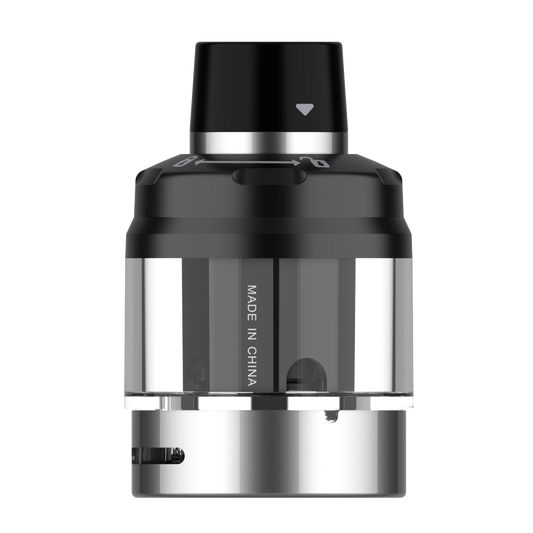Maximizing Efficiency with Automated Tank Cleaning Systems in Industry None
Body
In the industrial sector, maintaining the cleanliness and efficiency of tank systems is crucial. Automated tank cleaning systems have revolutionized the way industries manage their tank maintenance. This article delves into the intricacies of these systems, providing a comprehensive understanding for a global audience.

Understanding Automated Tank Cleaning Systems
Automated tank cleaning systems are designed to clean tanks without the need for manual intervention. These systems utilize advanced technologies to ensure thorough cleaning, reducing downtime and enhancing operational efficiency. But what exactly makes these systems so effective?
“Automated tank cleaning systems have significantly reduced the time and labor required for tank maintenance, leading to increased productivity and cost savings.”
Key Components of Tank Systems
Tank systems typically consist of several key components:
- Spray Nozzles: These are designed to deliver high-pressure water jets to clean the tank's interior surfaces.
- Pumps: High-efficiency pumps ensure a consistent flow of cleaning solution.
- Control Units: These units manage the cleaning process, ensuring optimal performance.
Benefits of Automated Tank Cleaning Systems
There are numerous benefits to using automated tank cleaning systems:
- Efficiency: Automated systems can clean tanks faster and more thoroughly than manual methods.
- Safety: Reducing the need for manual cleaning minimizes the risk of accidents and exposure to hazardous materials.
- Cost Savings: By reducing labor and downtime, these systems can lead to significant cost savings.
Choosing the Right System for Your Needs
When selecting an automated tank cleaning system, it is essential to consider the specific requirements of your industry. Factors such as tank size, the type of residue, and cleaning frequency will influence your choice. For example, the Cleaning System 123 offers customizable options to suit various industrial needs.
Real-World Applications
Industries such as food and beverage, pharmaceuticals, and petrochemicals have successfully implemented automated tank cleaning systems. These systems have proven to be invaluable in maintaining hygiene standards and ensuring product quality.
Conclusion
In conclusion, automated tank cleaning systems are a game-changer for industries relying on tank systems. By maximizing efficiency, enhancing safety, and reducing costs, these systems offer a robust solution for maintaining tank cleanliness. As technology continues to advance, we can expect even more innovative solutions to emerge, further optimizing industrial processes.
For more information on automated tank cleaning systems, check out this video demonstration.
References













Comments